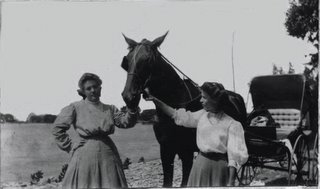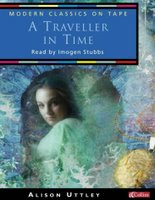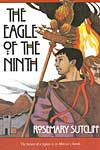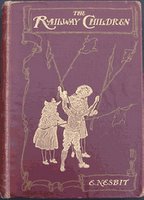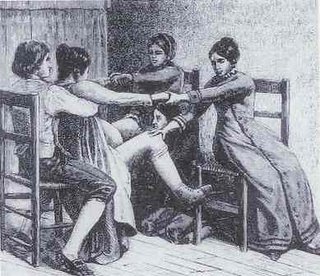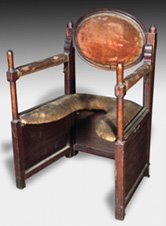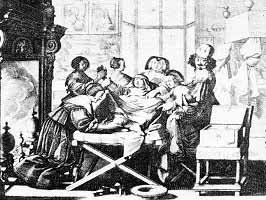My post today sort of goes along with Laurie’s. We had our own “snow days” here over the weekend–everything I was scheduled to do (RWA chapter meeting, friend’s dinner party, etc) was cancelled, my car was stuck in the garage (unless I wanted to dig it out, which I DIDN’T!), and I had two whole days of peace and quiet all for me. I could have done something useful, like mop the floor or finish reading my packet of RITA books, but of course I didn’t! I watched far more Food Network than is good for me (I’m pretty sure that Giadda woman does not eat the pasta she cooks, or she wouldn’t be so abominably skinny!), ate Choxie Hot Chocolate bars (another reason I will never be Giadda), and listened to some new CDs I had bought. It was wonderful.
I also settled in with my cats (like Laurie’s, they think a snow day means a “crowd onto the chair with Mom like two big lumps” day) and took on Cara’s “Read a Regency” challenge. I picked up Evelyn Richardson’s A LADY OF TALENT from my TBR pile. It was very enjoyable, a tale of an earl, his shallow (but funny!) Almack’s-loving fiancee, a female artist, and her dandy of a brother. I’m a sucker for art in books, and this heroine’s career details (she was a student of Angelica Kauffmann, paints portraits of Society ladies but really wants to do historical scenes, etc) were fascinating. She also fit neatly into the “bluestocking” profile of Megan’s quiz, always a plus for me. 🙂 Of course, not all runs smoothly, and the silly fiancee has to be got rid of somehow, but you’ll just have to read for yourself to see how!
It was a great weekend. If YOU had two whole snow days, how would you spend them?

